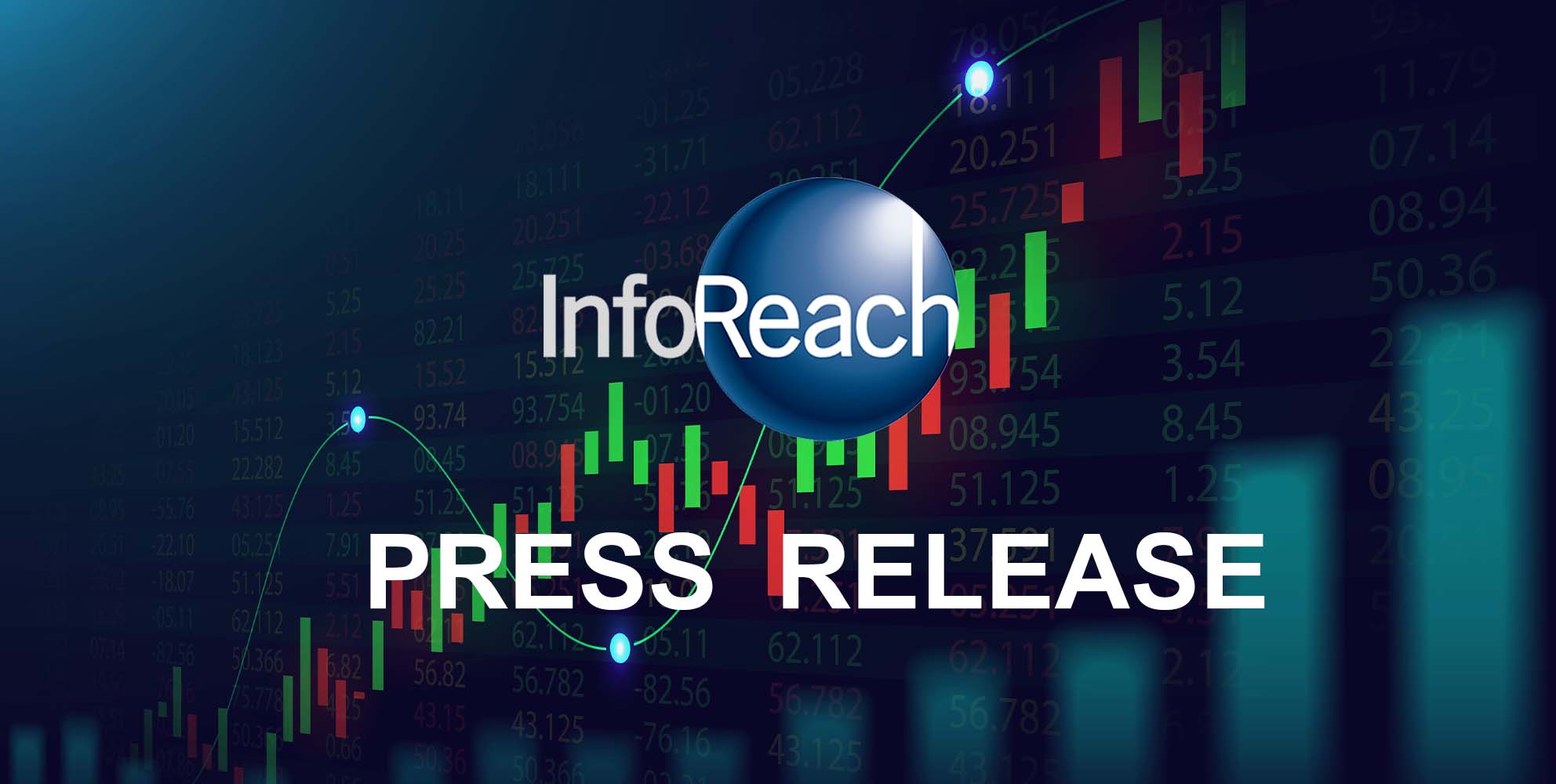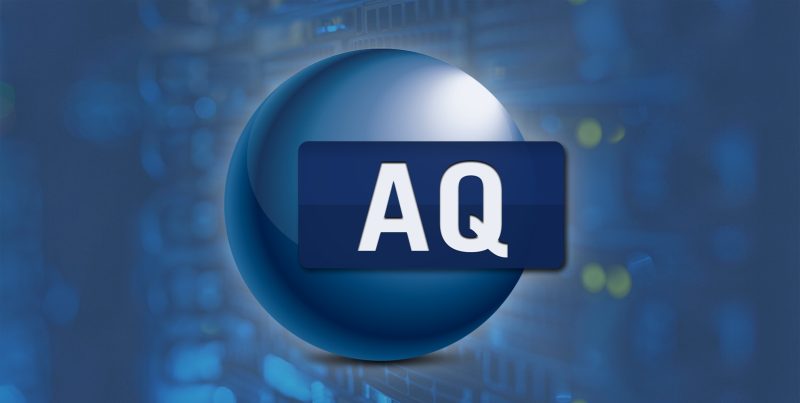Allen Zaydlin, chairman of InfoReach, an execution management system provider in Chicago that has many high-frequency trading clients, agrees that privacy is at risk. “Part of the security that is built into the market as it is structured now is that you don’t know where the liquidity is concentrated,” Zaydlin says. “There is such a thing as too much information. The more individuals who have certain information, the more likely it is that it will be leaked.”
“Some traditional investors are not doing well in this market because they don’t have the technology to compete against kids with computers,” Zaydlin says. “In their minds, … that means that if you are successful, you are a villain.”
Zaydlin adds that there is little justification for imposing an extra reporting burden on a segment of the trading market that performs a public service by adding liquidity on the off-chance that one of them might do something wrong. “A great injustice will be served” by targeting so-called “large traders,” Zaydlin insists. “If you take out companies that provide liquidity, you will see higher transaction costs all around. That means less people who are willing to spread risk around.”





